However, many current mitigation policies are only enough to achieve 85% of the carbon neutrality target by 2030 and 55% of the target by 2050, so stronger measures are needed. Comparing at the local level, the recently announced Provincial Green Index (PGI) in 2024 of Ho Chi Minh City reached 25.81 points, an increase of 1.61 points compared to 2023, but only ranked 24/63 provinces and cities (down 19 places).
Fortunately, this year, Ho Chi Minh City's Compliance Index leads the country with 7.95 points. This index measures the effectiveness of environmental monitoring and enforcement by provincial authorities to minimize environmental impacts caused by enterprises' production and business activities.
In addition, the indicator reflecting the quality of environmental law enforcement in Ho Chi Minh City also shows that the rate of enterprises having to pay unofficial fees to the city's inspectors is among the lowest in the country. These two bright spots are evidence of the increasing awareness of compliance and real compliance of enterprises with environmental regulations.
In fact, this indicator reflects enterprises' perceptions of whether inspection activities are aimed at ensuring compliance or are purely for personal gain; at the same time, it also indicates that enterprises may have paid informal payments to avoid complying with environmental regulations, which can significantly affect the objectives of the regulations.
However, 2 out of the remaining 3 component indices are in the bottom group of the country, which are: Promoting green practices (ranked 58/63 provinces and cities); Incentive policies and support services (ranked 45/63 provinces and cities).
This is worth noting for the goal of improving the city's PGI in particular, aiming to improve the quality of environmental management and contribute to the sustainable development of Vietnam in general. It can be said that, in part, it acknowledges the reality of compliance with regulations - that is, ensuring the minimum "floor"; but proactively and specifically expanding the practice or supporting policies for that practice to be increased and strongly promoted is... backward.
This is directly proportional to the “gray” reality that in 2024, the situation of enterprises causing environmental pollution is common and increasing. On the contrary, according to the assessment of enterprises, the efforts of the city government to reduce environmental pollution have improved, although up to 3/4 of the indicators (prevention, response, accountability) are lower than the national median.
Therefore, the percentage of enterprises assessing the overall environmental quality in the city as good or very good and the environment in the province as unpolluted or slightly polluted in 2024, although still lower than the national median, has significantly narrowed the gap compared to the average of the country and the provinces in the Southeast region.
This shows that the city government’s efforts to improve overall environmental quality in 2024 have been positively and objectively perceived by businesses. However, businesses also shared that the government’s level of preparedness and response to natural disasters is lower than the national median. The provincial government’s work to minimize the impact of natural disasters has not been highly appreciated by businesses.
In the context of increasingly enhanced green indicators and tightening export and consumption regulations, it is clear that we still have a lot of work to do to not only increase the PGI ranking position, but first of all, it is the self-standard of the economy and each enterprise itself, along with the "midwife" responsibility of the city government.
Source: https://www.sggp.org.vn/chi-so-xanh-cai-thien-buc-tranh-xam-post797747.html


















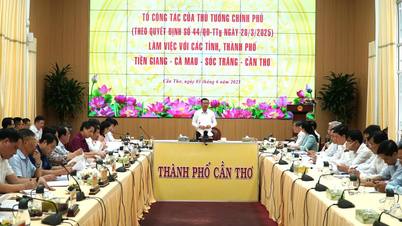





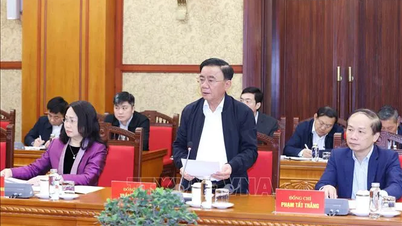

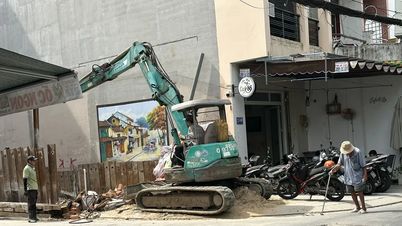









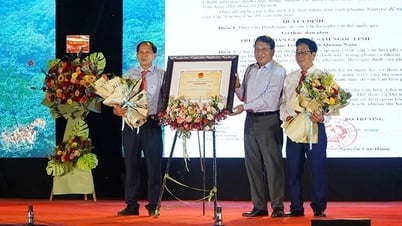








































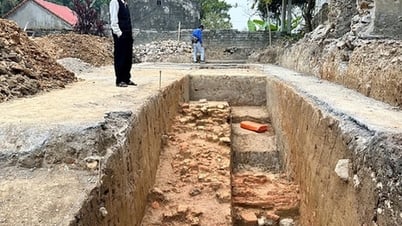
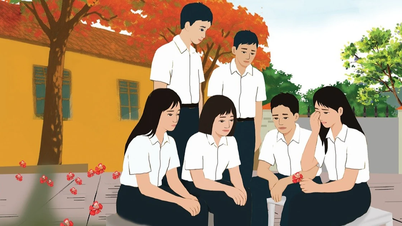

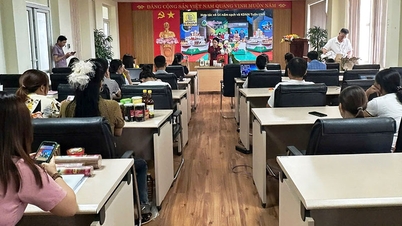














Comment (0)